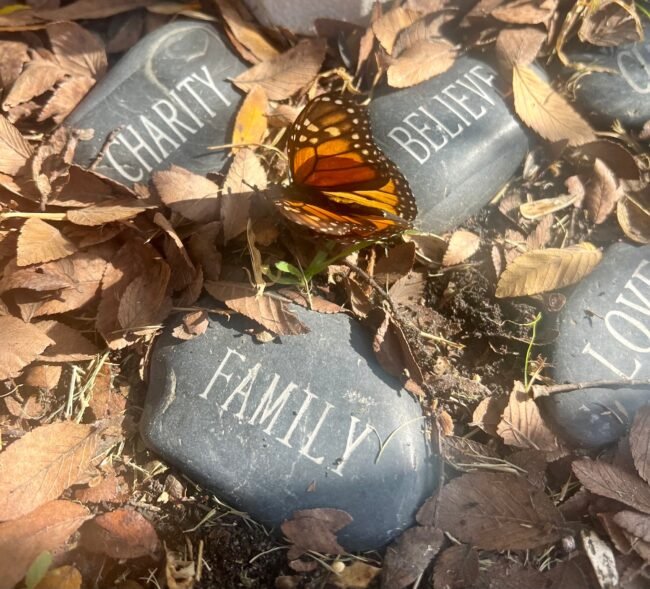When a Child Has Cancer
When a child has a cold, a parent instinctively knows how to reassure them that they’ll feel better soon — what medicine to give, what comforts to offer. But what if that child is diagnosed with cancer? The pain and nausea, the endless tests, the waiting for results, the long treatments, and—worst of all—the uncertainty.
Each year, approximately 15,000 children and adolescents in the United States are diagnosed with cancer. That’s about 1 in every 285 children being diagnosed before their 20th birthday, with two-thirds of those under the age of 14. The most common types include leukemias, brain and other central nervous system tumors, and lymphomas.
Cancer has a significant impact on anyone, but especially on children. While they face unique challenges, children can also be remarkably resilient. It helps to talk with your child about what to expect and to encourage them to share their feelings. Below are several tips, gathered from leading cancer care organizations, on how to support your child through this difficult time.
How to Support Your Child Through Cancer
-
Talk to your child.
Give honest information about their diagnosis. Don’t be afraid to use the word cancer. While adults often associate fear with the word, children tend to feel more secure knowing what their illness is called. Encourage them to ask questions throughout their treatment. Hospital social workers and nurses can help you find age-appropriate language and approaches for these conversations.
-
Prepare your child.
Go over the treatment plan and explain how it may affect their daily life. Let them know how you’ll be there to care for and support them. Prepare your child for physical changes they may experience during treatment, such as hair loss or changes in weight.
-
Reassure your child.
Let them know their medical team will take good care of them and that you’ll always be by their side. Reassure your child often that you and their doctors are working together to help them get better.
-
Encourage your child to express their feelings.
Explain that feelings can be expressed in many ways—talking, writing, drawing, or even just sitting quietly. All emotions are valid and understandable. Let your child know it’s okay to say, “I don’t want to talk right now,” and that you’ll still be there when they’re ready.
-
It’s a team effort.
Keep communication open with your child’s teachers, school social workers, and nurses. Meet with them to discuss your child’s medical and educational needs. Ask the school about procedures in case your child becomes ill, and explore remote learning options if needed.
-
Support for you.
As a caregiver, it can be easy to overlook your own needs. Remember that to care for your child effectively, you also need to care for yourself—physically, emotionally, and mentally.
-
Support options.
Connecting with other children who have cancer can help your child feel less alone. Many hospitals and organizations offer peer-mentoring programs for children and parents. Joining a support group for parents of children with cancer can also help you find understanding, encouragement, and strength in community.
These are just a few ideas to consider if you are a parent—or know a parent—whose child has cancer. The Keith the Cat Foundation encourages you to explore the many trustworthy resources available online, including the MD Anderson Cancer Center, Mayo Clinic, Cancer Care, Cleveland Clinic, Johns Hopkins Medicine, and the American Cancer Society. More importantly, speak with a hospital social worker or other healthcare professional who can guide you and your child through the journey ahead. With the right support, both of you can find greater comfort and strength as you navigate the challenges cancer presents.

Michael Smith- Executive Team at Keith the Cat Foundation
Mr. Michael Smith, from Detroit, is involved in many successful entrepreneurial ventures, including manufacturing golf products in Asia to negotiating collective bargaining agreements for contractors that hire union labor. Michael also managed several political campaigns and worked in the Michigan Senate and U.S. Senate.


